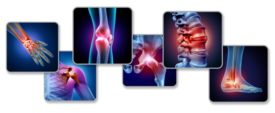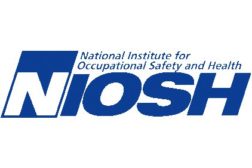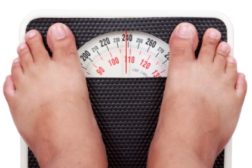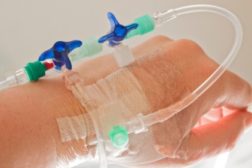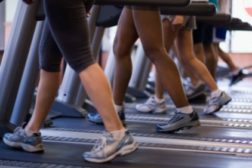Home » Keywords: » study
Items Tagged with 'study'
ARTICLES
Safety professionals invited to share experiences with head protection
J. J. Keller & Associates, Inc. and ISEA launch a collaborative research study
April 24, 2024
Contractors wanted: Help NIOSH advance research to protect workers from silica
Testing at real work sites needed
March 29, 2013
Would you pay your employees to lose weight?
Rising health care costs may lead to new approaches
March 21, 2013
"Biggest Loser" study finds modest diet and exercise can sustain weight loss
NIH research shows exercise as key in reducing body fat while preserving muscle
October 16, 2012
Never miss the latest news and trends driving the safety industry
eNewsletter | Website | eMagazine
JOIN TODAYCopyright ©2024. All Rights Reserved BNP Media.
Design, CMS, Hosting & Web Development :: ePublishing
